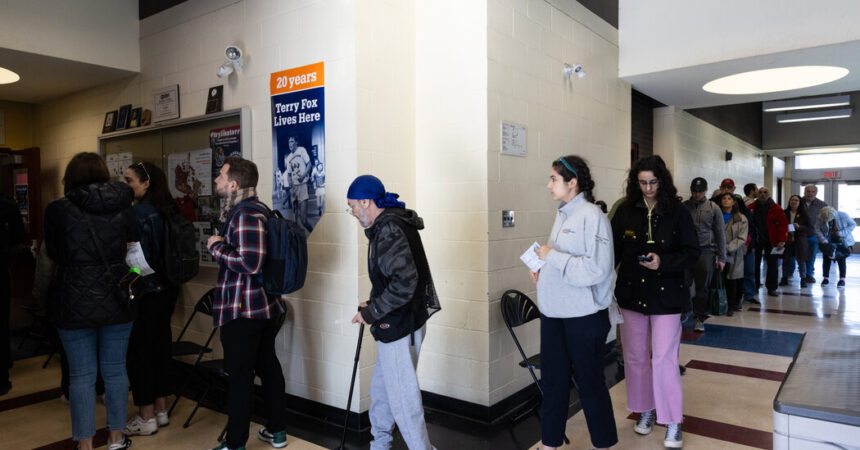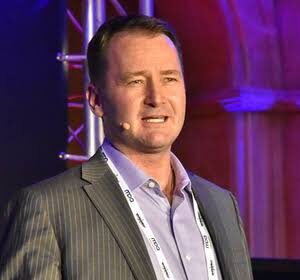The immigration policy dominated the attention of the Canadians in the week before Justin Trudeau announced his resignation as Prime Minister in January. But as voters cast their vote on Monday, the problem has not lost traction behind pressing Conerns about the country’s economy and President Trump’s rates.
The government of Mr. Trudeau had a turbocharged immigration in an attempt to address the work scarcity of Canada, announcing in November 2022 that the Government planned to bring almost 1.5 million immigrants between 2023 and 2025.
But when those newcomers arrived and established mainly in dense urban areas, the Canadians blamed the growing level of immigration for the growing pressure on housing costs and social services such as medical care.
As Mr. Trudeau’s popularity decreased, his policy unpopular to acceleration immigration was dramatically undone. Several ministers announced their resignations when it seemed that Trudeau and the liberals could not recover from the political damage of the policies that included immigration.
When Canada advanced in his paths for newcomers, Marc Miller, the last immigration minister under Mr. Trudeau, also linked social strains with the number of newcomers when explaining government decisions to reduce admissions.
The moment represented a strong change in the tone for Canada.
“For a long time, immigration had always been praised as a net benefit for the Canadian economy,” said Antje Ellermann, director of the Migration Studies Center at British Columbia University. “That really was a mantra, and policy formulators were very careful not to talk about potential immigration costs.”
Then, somewhat in the morning, after Trump was linked to amplify his threats to the economy of Canada, the problem of immigration, which had caused the fall of the liberals, vanished in the background.
“If it had been for Trump, we would see immigration as a quite prominent topic in this campaign,” said Ellermann.
Surveys have shown that Canadians think that the country is more immigrant acceptance than it should, an attitude that has prevailed, equally among many of the newcomers.
“Many immigrants in Canada also feel that there are too many immigrants,” said Jack Jedwab, executive director of the Canadian Studies Association, a research group and the Metropolis Institute, a group of experts focused on migration.
The recently analysis of Mr. Jedwab, based on surveys conducted by the firm’s army, showed greater support for liberals among immigrants whose first language is English or French. But that is a small minority in Canada.
“Our demography has evolved so much that it is difficult to really refer to a” immigrants vote, “Jedwab said, added that immigrants tend to vote based on regional trends.
It is so clear in Brampton, Ontario, a suburbana city West or Toronto, where more than half or residents are from southern Asia. The conservative leader Pierre Poilievre focused a demonstration of the April 9 campaign on the control of the crime, knowing that the city’s residents faced unbridled housing invasions, car theft and extortion rackets that were addressed to immigrants.












